SAFE RECRUITMENT & PROTECTING VULNERABLE GROUPS
SUPPORT | INSURANCE | NEWS | SAVINGS | COMMUNITY
Button
Safe Recruitment and Protecting Vulnerable Groups
Overview:
The way Paddle Scotland processes PVGs on behalf of affiliated clubs is changing. This results from a review by Disclosure Scotland with new advice provided to all governing bodies of sport and the wider volunteering sector.
Each club is responsible for ensuring all persons over the age of 16 (paid or voluntary) who work with children (under 18) are suitable to do so and should follow the Paddle Scotland safer recruitment process (below).
Part of safer recruitment is ensuring that people who undertake regulated work with a protected group (e.g. children) within the club who require a PVG check have one.
It is an offence for clubs, under the Protection of Vulnerable Groups (Scotland) Act 2007, to employ someone who is barred from working with children whether in a paid or a voluntary capacity. The only way to find out whether an individual is listed or is being considered for listing, therefore barred from working with children, is through a criminal records check.
Sports and activities such as paddlesport offer a great opportunity for people to get involved in physical activity, learn a new skill and meet new people. Not to mention the respite it offers parents and carers who rely on coaches and activity leaders to look after their loved ones that are left in their care. Sports coaches and leaders will be only too familiar with the need to have child protection policies and safe recruitment practices in place. Of course, the vast majority of people who work and volunteer with vulnerable groups are responsible and caring. But there are some who may choose to use their position of responsibility to do harm. Ensuring that children are protected from those who could cause them harm is a priority for us all. People who work with vulnerable groups will join the PVG Scheme and anyone with a known history of harmful or abusive behaviour towards children or protected adults will not be able to become a PVG Scheme member which means they will not be able to work with one or both groups.
The PVG Scheme continuously updates its members’ records, adding any new criminal convictions and any information held by the police that they consider relevant to an individual’s role. This means that any new information indicating that a person may pose a risk can be acted upon promptly by Disclosure Scotland and by employers. As well as strengthening protection for vulnerable groups, the PVG Scheme is quick and easy for people to use, reducing the need for people to complete a detailed application form every time a check is required.
Sports volunteers and organisations should be aware that the Volunteer Scotland Disclosure Services (VSDS) processes free PVG Scheme checks for volunteers working in the qualifying voluntary sector. VSDS also provides guidance, advice and support to help ensure that voluntary groups and organisations understand how the PVG Scheme works and their legal obligations to it and to other child and adult protection legislation. This includes training sessions that can be delivered either face to face or online. So far over 1400 people from voluntary organisations across Scotland have received training on the PVG Scheme including individuals from SCA.
-
Getting Started
All Affiliated Clubs must have a named Safeguarding Officer who is listed with Paddle Scotland and registered as either a Club Associate or
The Club Safeguarding Officer must complete an online Safeguarding Officer Agreement and a Club PVG Agreement before Paddle Scotland can process any PVGs. (see below)
Training
Club Safeguarding Officers are required to complete BOTH of the following courses within 3 months of appointment:
- Child Wellbeing and Protection in Sport (CWPS)
- Child Wellbeing and Protection Officer Training (CWPO)
No alternative training is accepted.
See here for details of these training courses
All clubs with children must also have, or have adopted the Paddle Scotland policies:
- Making Referrals Policy
- Secure Handling Policy
- Safeguarding Policy
- Recruitment of Ex Offenders Policy
Paddle Scotland versions of these policies are all available here.
To check if your club has these policies recorded, or to add them, please visit the Credentials page of the Club Profile in JustGo. (additional permissions required)
-
Completing the Club PVG Agreement and Policies
- Log in to Paddle Scotland JustGo with your username and password
- Click Club Profile from the menu
- Click Credentials on the right hand side
- Click Add Credentials
- Search for 'Club PVG Processing contract' then click on it
- Read the conent, tick to agree and save
Repeat the process for the following policies where you will be asked to confirm if you have adopted the Paddle Scotland policies or upload your own policy.
- Making Referrals Policy
- Secure Handling Policy
- Safeguarding Policy
- Recruitment of Ex Offenders Policy
-
Completing the Safeguarding Officer Agreement
- Log in to Paddle Scotland JustGo with your username and password
- Click My Profile then Credentials
- Click Add Credentials
- Search for 'Safeguarding Officer Agreement' then click on it
- Read the conent, tick to agree and save
-
Safer Recruitment Process
Affiliated clubs have a variety of volunteers and staff who assist with the overall running of the Club. Whilst it is vital to keep the issues of wellbeing & protection in proportion, Paddle Scotland would like every club with any children to adopt some basic procedures that will help safeguard all concerned.
Abusers of children tend to gravitate to situations where little vetting or checking takes place. It is impossible to know who could abuse children. Therefore, it is important that all reasonable steps be taken to ensure unsuitable people are prevented from working with children.
It is also important that standard procedures are used, whether people are paid or unpaid, part-time or full-time.
For all volunteers / staff working within the Club who have regular contact with young people the following action demonstrates good practice (shown here in no particular order):
Interviews
It is best practice for clubs to utilise an interview process for recruitment of volunteers. Simple, informal interviews to assess the applicant and attempt to verify all information given can be held for voluntary posts. These could be included within the induction process. Employment Law governs recruitment processes for paid positions.
Referees
It is best practice for clubs to utilise the references forms for recruitment of volunteers. References from at least two people (not relatives) who have known the applicant for at least 2 years and who are able to comment confidentially on the person’s previous work with children and any former involvement in sport.
PVG Scheme Membership
A PVG Scheme application is required for all roles where the individual meets the criteria of regulated work. These checks are FREE to volunteers, £59.00 for full scheme membership applications, and £18.00 for a scheme update for paid positions.
Induction
An induction procedure for all new starts is recommended. New starts will then be made aware of the relevant club policies and able to sign appropriate Codes of Conduct and membership requirements. A period of probation is advisable. Probation can also be used if you implement all areas of the recruitment process and are awaiting the results of a PVG Application.
Training
The Child Wellbeing & Protection in Sport (CWPS) workshop should be completed by all volunteers and staff in a regulated role.
All volunteers and staff involved in an Affiliated Club must be linked to the club with Paddle Scotland and either be Paddle Scotland members or Club Associates.
Clubs who deploy individuals to regulated work in their club without them being suitability registered with Paddle Scotland and/or having the appropriate PVG in place are in breach of the affiliation agreement and may face sanctions by Paddle Scotland.
A club failing to ensure that all volunteers that assist a club, no matter how irregularly, are linked and appropriately registered will be deemed to be operating outside the Affiliation remit. Insurance cover for the club may be affected.
-
Regulated Work
The criteria for regulated work is complex.
In general, the types of roles meeting the criteria from affiliated clubs include:
- Club Safeguarding Officer
- Club Coach / Instructor / assistant
- Parent helper
- Committee Member Supervising Regulated Work
- Chaperone
- Anyone who may be in contact with children U18 as part of their normal duties
-
Requesting a PVG
Once the club has completed the initial stages of the Safer Recruitment process, the Club Safeguarding Officer should carry out the following steps to initiate a PVG:
- Log in to Paddle Scotland JustGo with your username and password
- Click Club Members on the menu
- Identify the member for whom you are requesting a PVG
- Click the person icon then Credentials
- Click Add Credentials
- Type 'PVG' and select 'Paddle Scotland PVG'
- Follow the on screen instructions then press save.
An automated email will be issued to the individual asking for them to complete an online consent for Paddle Scotland. Only when they complete this consent will the PVG application be submitted to Disclosure Scotland.
Paddle Scotland will be in touch once the PVG has been received and a decision reached.
-
ID Checks
The Safeguarding Officer is required to carry out ID checks. The minimum identification you must check is 3: one document with a photograph and one document with their current home address and one other (photographic or address)
Photographic evidence
- Passport
- Photographic driving licence
- National Entitlement Card
- Photographic membership card
- Employee ID card
- Certified photograph
- Young Scot card
- Student Card
Address evidence (in the last 3 months)
- Utility Bill
- Bank or financial statement
- School letter
- Council Letter
- Benefit agency letter
- Other







